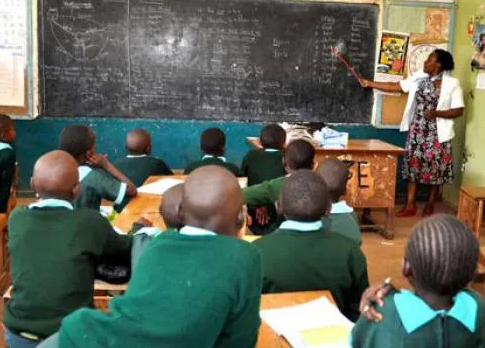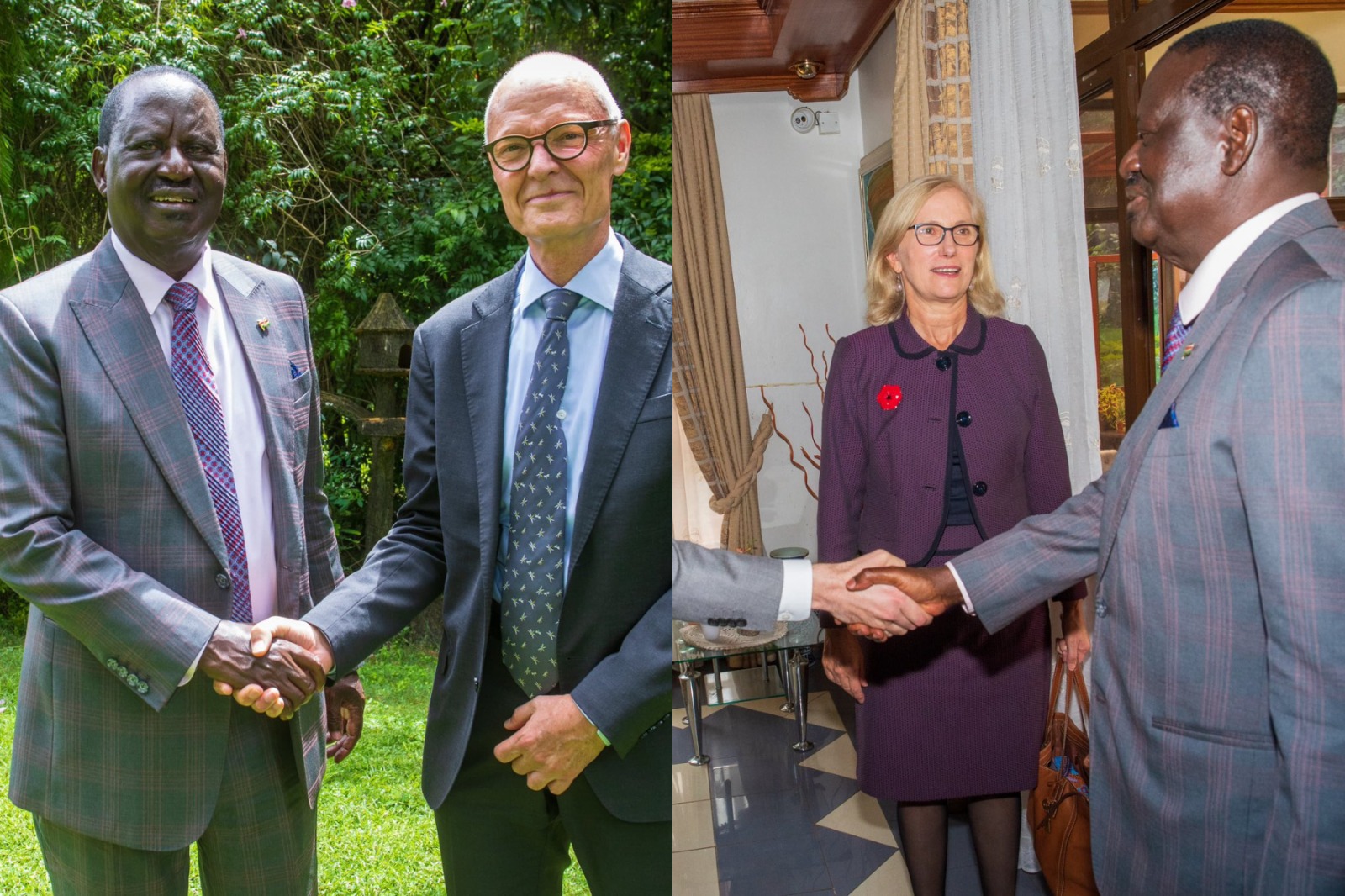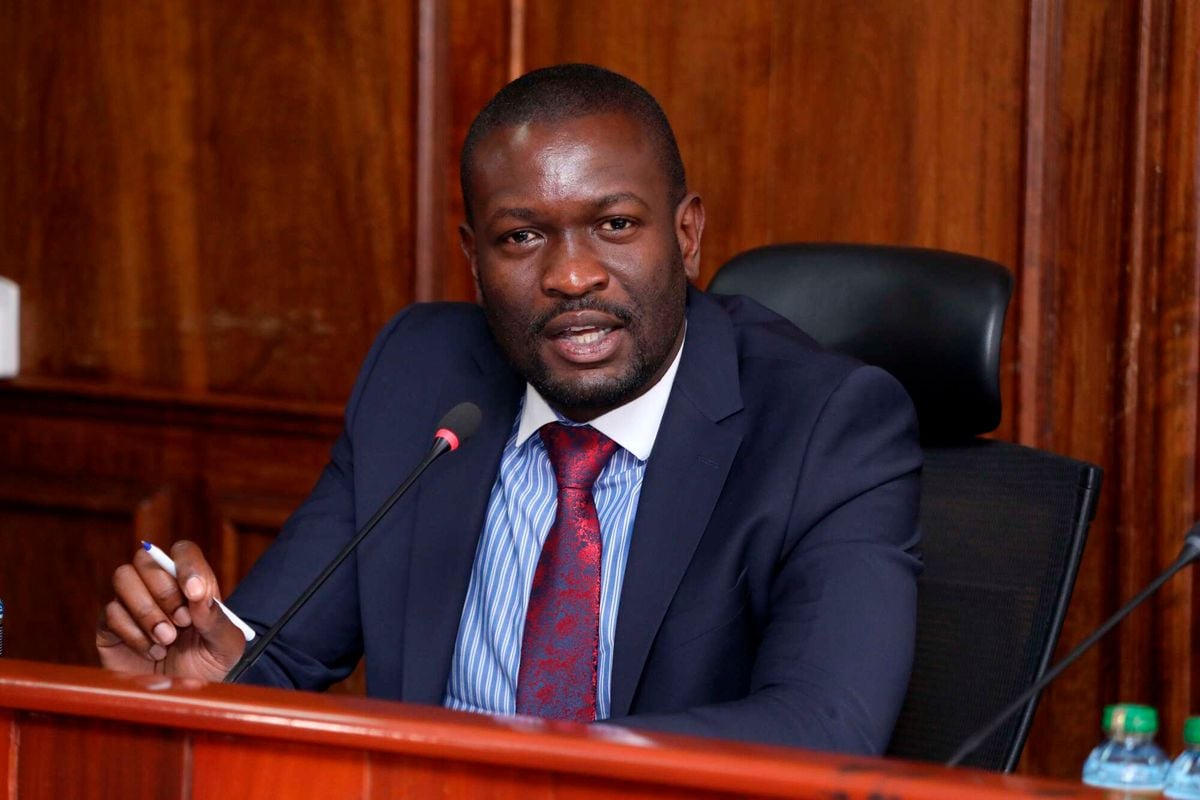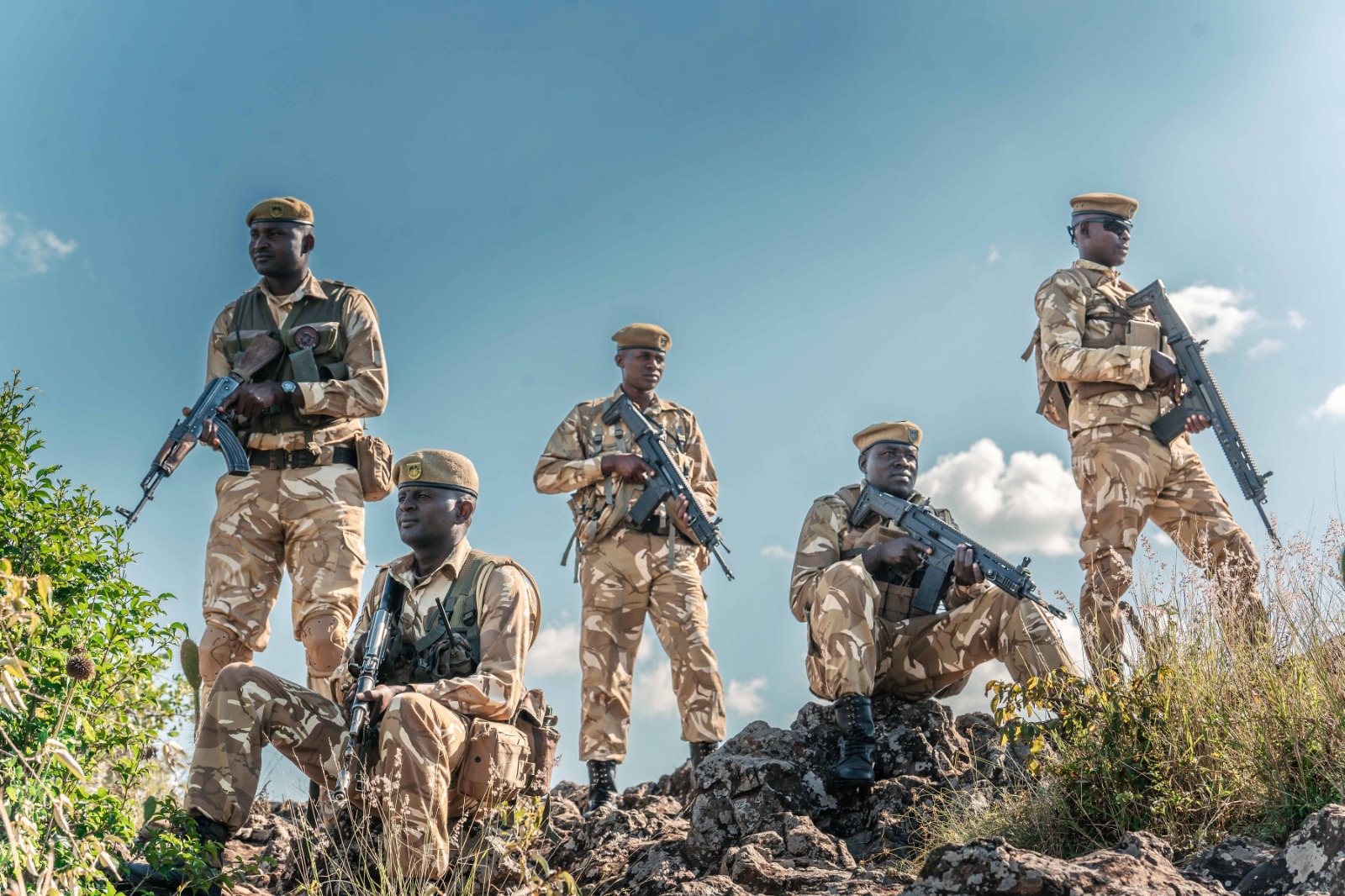By Kennedy Buhere
A teacher affects eternity; he can never tell where his influence stops. Henry Adams, American Historian, and journalist
I count the teachers who taught me the English language and Literature as the greatest heroes in my life.
When I think about the people who have shaped my life, it is the memories of the teachers who taught me English and Literature in Primary, Secondary, High School, and college which always jump up in my mind.
For some reason, God placed in my path extremely knowledgeable and dedicated teachers of English; they had unassailable mastery of the queen's language and literature. They brought knowledge and dynamism in English and literature in teaching me.
Read More
I have in mind Teacher Andrew Muse. He taught me English at Lukume Primary School in class six and seven in the late 70s. I have in mind four formidable teachers at Kivaywa Secondary School. I have in mind teacher James Kedogo who taught us Class Readers in Form One—guiding us through three of Barbara Kimenye’s Moses Series in each of the three terms.
I have in mind a teacher who taught us James Bridie’s play Tobias and the Angel and George Orwell’s Animal Farm as Class Readers in Form two. I am unable to retrieve his name from my memory. He nevertheless played a formative role in preparing me for the formal study of Literature in Form Three as the Ministry of Education prescribes.
The school introduced Literature to students in Form One through class readers. The teachers took us through the selected books sentence by sentence; students reading paragraphs in turns and the teacher explaining a point or two or himself reading parts of the book to emphasize a point or an idea.
I look back to the class readers sessions, the one which laid the ground for the extensive and intensive reading that the English curriculum in basic education prescribes.
We still had an equally formidable teacher of English in Teacher Teresia Bigogo. Teacher Bigogo taught us all the aspects of English Grammar right from Form One to Four—grammar, Comprehension and Composition.
Bigogo took us through all the nuances of English grammar, Comprehension and Composition, carefully ploughing through, Practical English series by P.A. Ogundipe e and P.S. Tregidgo, the recommended course book for English in secondary school at the time.
We also had a Ugandan teacher, Okia Oriang who picked us up for the study of Literature set books in Form Three and Four. I had the teacher, the late James Khabongo, who taught me Literature at the defunct “A” levels.
The classical assumptions of heroes are a person who displays superhuman strength or courage. They challenge the status quo; fight and conquer monsters, or go through ordeals, testing the limits of human courage in the end emerging either stronger or unscathed.
My teachers at Lukume Primary and Kivaywa Secondary Schools were nothing when assessed in the context of the classical or traditional definition of heroism. We never faced monsters or threatening experiences from which they protected or extricated us. They didn’t challenge the school administrations. Nor did they commit unthinkable crimes like Oedipus and Medea of Greek mythology to attain the status of heroes though in the negative sense.
They didn’t do any of these things. They, however, drastically affected my life and the lives of my fellow students in ways that still lingers in our lives.
English Historian Thomas Carlyle, defined a hero as a man whose words and deeds shape history or affects people in a fundamental way.
Seen in this light, the teachers who taught me English in Primary and in Secondary School were heroes in their own right. The words they said in our hearing and the deed they wrought profoundly affected us.
I can still hear some of the words they spoke while teaching us. I can still see in my mind’s eye the movement and gestures some of them made during our English and literature lessons.
There was James Kedogo dramatizing the misadventures of Moses, the main character in Barbara Kimenye’s Moses Series and his friend King Kong, both students in Mukibi’s Educational Institute for the Sons of African Gentlemen—when they tried to milk a bull, thinking it was a cow!
“It took exactly five minutes for King Kong to discover that they were trying to milk a bull, and not a cow,” Teacher Kedogo read parts of the book. This threw all of us into laughter, imagining the frustrations and danger the King Kong faced trying to steal milk directly from ‘a cow’ in the school’s neighborhood.
There was Teacher Bigogo telling us to expand our range of vocabularies in English by reading extensively excellent story books, saying students at form two had a stock of about 2000 words in English—not sufficient for the challenges of work and further education, going forward.
We were also equally blessed in Literature. There was Teacher Oriang, telling us, a week in form Three, that although the Ministry of Education had retired Chinua Achebe’s Things Fall Apart that year (1981), he would nevertheless take two lessons to teach it before we embarked on the new set of books we would study. He said two years was more than sufficient for him to teach us all the four set books—two novels, a play, an anthology of poetry book, and Oral Literature anyway.
“In the three books we are going to study, children are rebelling against their parents. I would like to study Things Fall Apart with you as it will enable you to better appreciate the rebellion we will see in the new set books we shall study,” I vividly remember teacher Oriang (may his soul rest in peace) as saying.
True to his word, we saw children rebelling or going against parents or traditions in Ngugi Wa Thiong’o’s The River Between, Achebe’s No Longer at Ease and De Graft’s Muntu! I have since seen rebellions or defiance in many works of fiction I have read since then—and the spirit of teacher Oriang is always hovering around my appreciation of the books I read.
My God still threw another equally formidable teacher in my path when I studied Literature at the defunct “A” Levels. There, I met the late James Khabongo who brought a strong background knowledge of Literature and History to illuminating the imaginative worlds of the set books the Ministry of Education had prescribed for “A” levels then.
Khabongo brought a copious body of knowledge of History (teachers of English studied another discipline for their Bachelor of education Degree in the 70s unlike these days) to bear in the interpretation of the books we studied in Literature. He also prevailed on us to read Franz Fanon’s The Wretched of the Earth, Ngugi’s The Homecoming as an aid to understanding some of the themes in the set books.
It was these two books that introduced me to argumentative or persuasive forms of writing—more than any other set of books— to social, economic and political institutions. This is a form of writing or discourse that defines written communications in government and the private sector.
I have seen thousands of argumentative or persuasive communications through commission or taskforce reports, speeches, letter writing, writing of minutes, editorial and opinion writing in newspapers and diplomatic dispatches.
It's like my English and literature teachers were focused on taking us through the English Curriculum to prepare us for the future—and not to pass examinations, important though national examinations might be to an educational system.
Kennedy Buhere is the Head of Communications at the Ministry of Education






-1710390248.jpg)